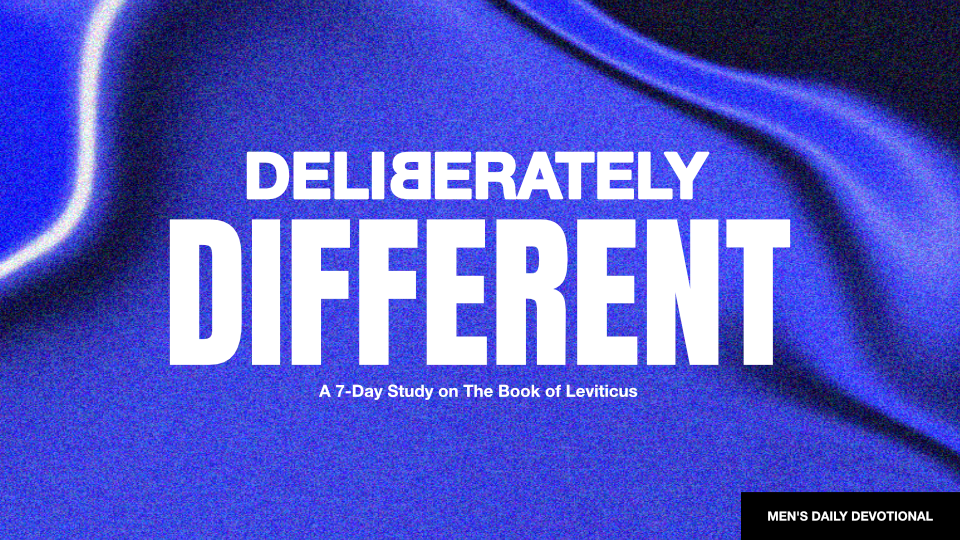Bible Verse: These, then, are the regulations for the burnt offering, the grain offering, the sin offering, the guilt offering, the ordination offering and the fellowship offering. Leviticus 7:37
Scripture Reading: Leviticus 6–7
Let’s be honest: Leviticus is difficult to relate to.
It is so disconnected from our experience, and the disconnect starts in chapter 1, verse 1—a worship system that is dependent on sacrifice, specific sacrifices for specific things, and all offered with the help of the priest. Not much could be further from the Western experience of Christianity.
In Leviticus, we’ve slowed from the dramatic and fast-paced events of the deliverance of Israel in the book of Exodus. And though in Exodus we’ve gotten a taste of the laws that are to come, those laws were delivered from the top of a smoking mountain covered with thunder and lightning (Exodus 19:16). The laws were inscribed on stone tablets by the very finger of God (Exodus 31:18). And Moses’s appearance was so altered by his time in the presence of God that he needed to cover his face so as not to scare the people (Exodus 34:33-35). Being given a set of rules to live by could not seem more exciting!
The book of Leviticus picks up that line of Exodus, laying down the new national laws—civil and ceremonial—but does so with no pomp and circumstance, and with much exquisite detail. Chapters 1 – 7 cover the kinds of sacrifice that can be offered, what should be offered, how it should be offered and when it should be offered. Burnt, grain, sin, guilt, and fellowship offerings are all listed and explained.
When Christians today are introduced to the sacrificial system of ancient Israel, it is viewed as an obsolete system that, because of Jesus, no longer applies (Hebrews 10:1-10). Therefore, we tend to disregard it. We treat it as interesting information but little more than history that has little bearing on our relationship with God and even less on our daily lives.
But let’s reflect on two things as we close:
- What we may miss in this casual reading of the Law is the heart of God stretching out for His people. The detail of the Law is not meant to be tedious or frustrating. Instead, the detail is necessary so that the people do not violate the holiness of their God. The detail represents the length He is going to in order to show Israel how to live with Him. Israel does not need to figure this out for themselves. Instead, this is the continued outworking of the very first commandment given to Israel: “[Because] I am the Lord your God who brought you out of Egypt, you shall have no other gods before me” (Exodus 20:2-3). The laws are God’s continued grace in showing Israel how to live. Because we too can’t figure it out for ourselves. Thank God that He takes pity on us to continue to show us how to live for Him.
- Israel’s relationship with God was intentional and sacrificial—both literally and metaphorically. Coming to God, either in thanksgiving or repentance, was deliberate and costly (though not necessarily expensive). This, at least in part, made their relationship with God, on the part of the people, a deliberate choice. This, quite likely, would have helped reinforce the significance of their relationship with their rescuing God. Their relationship with God impacted all of life for the Israelites. It should do the same for ours.
Prayer: Law-giving God, thank You that Your grace and mercy extend to continuing to help humanity live in service and submission to You. Help me to understand that Your laws are not burdensome but are gifts that I could not find on my own.
Reflection: How can you live out a grateful spirit that God has not abandoned us after the act of salvation, that He continues to meet us and shape us into His people? In what particular area do you struggle to surrender to His ways?
Copyright © 2023 Impactus. All rights reserved.
About


